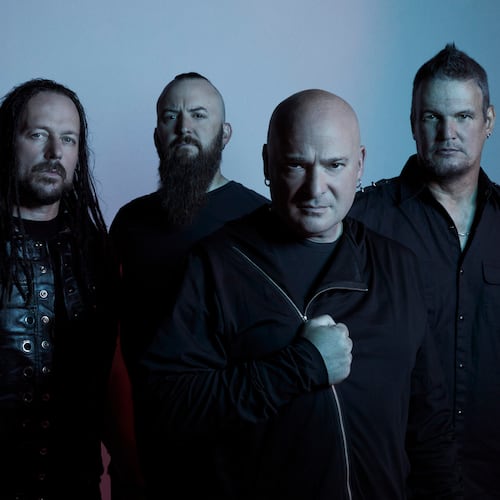The former fiancee of a cast member of the "Real Housewives of Atlanta" died from a rare trait of sickle cell anemia that became fatal because of a fight he had in the parking lot of a strip club.
Still, according to a report from the Fulton County medical examiner that was provided to AJC.com, Ashley “A.J.” Jewell’s death is a homicide.
“Although Mr. Jewell died of complications of his underlying natural disease conditions, [the] complications would not have occurred if he had not experienced the extreme exertion that was part of the physical altercation,” the report said. “Due to the active involvement of another person, the manner of death is classified as a homicide.”
Jewell's family was angered by the report and plans to hold a prayer vigil at 7:30 p.m. Thursday in the parking lot of the strip bar, the location of the fight that led to his death later that evening, according to a news release.
"Although the medical examiner's report released to us yesterday does classify my son’s death as homicide, the report is contradictory because it simultaneously blames a ‘sickle cell crisis’,” said the Rev. A.B. Jewell, Sr.
His mother, Purtis Jewell, said in the release, said they are unsatisfied with the investigation.
The news release said they may ask that Jewell's body be exhumed for a second autopsy.
The family also criticized the release on bond of Jewell's accused killer Frederick Richardson. Richardson is charged with voluntary manslaughter in the Oct. 2 death.
Jewell was engaged to the newest member of the cast, Kandi Burruss, and until their breakup in August he made occasionally appearances on the show. His relationship with Burruss was the topic of several conversations because her family opposed it.
Initially police said Jewell, 35, died of blunt force trauma to the head. But the Fulton County Medical Examiner’s Office said later Jewell most likely died from sickle cell, a condition he did not know he had.The official findings had been pending the outcome of tests that were detailed in the ME’s report, which was “finalized” on Monday.
The fight in the parking lot of the Body Tap, according to police, was the final conflict in an ongoing feud between the two men as they struggled for control at the west Atlanta strip bar.
Richardson was a club manager and Jewell was buying an interest in the business. Police said Jewell may have started the fight because he didn’t think he was getting enough respect from Richardson.
"My client, to this day, does not know why A.J. Jewell jumped on him," said Dennis Scheib, Richardson's attorney.
Scheib said Jewell pulled a gun on Richardson while the two were in an office at the club that evening and then followed Richardson to the parking lot. Scheib said Jewell hit Richardson twice before Richardson could strike back.
"My client took an ass whooping," Scheib said. "He got his fingers broken. He had a busted eye. He took three pops to the head real quickly. The guy approached him and said, ‘I've got something for you.' Boom. Boom. Boom. My guy was doing catchup."
Scheib said he hopes the charges against Richardson will be dropped.
Fulton District Attorney Paul Howard's office did not immediately respond to voicemail messages and an e-mail seeking comment.
The ME's report said there also was evidence of "mild or early heart disease" that also contributed to his death. But the primary cause of Jewell's death was sickle cell, a condition that affects about 8 percent of African-Americans but less than 1 percent of whites. The condition affects oxygen levels in the blood.
"It is our opinion that Ashley Jewell ... died of a rare complication of sickle cell trait, brought about by a physical altercation," the report said. "Most individuals with sickle cell trait live a normal lifespan with no health consequences."
But Jewell had a condition that is "so rare that most people believe it cannot happen but it can be brought on by severe exertion."
It has been documented that only four out of 4,000 African-American military recruits (about 0.1 percent) died from the condition during boot camp in one year, according to a 1970 report by the military. Three of them died on their first day at camp and all after extreme physical activity.
As in other cases like this, Jewell was conscious and talking until he reached Piedmont Hospital.
"For example, according to one witness, he indicated to her that he wanted her to give him his brass knuckles," according to the report.
Jewell also asked for water while in the ambulance. And he never complained of chest pains, the report said.
Athletes, firefighters and those running from the police have experienced the same condition as Jewell, the report said.
The first sign is weakness. "It does not cause unconsciousness initially and the person is able to speak," the report said. "As it may affect the heart, it can lead to an abnormal heart rhythm. Left untreated, the condition can be lethal.
"Mr. Jewell was involved in a very active fist fight, which was likely very tiring," the report said. "As he fought, the oxygen in his blood was used up."
About the Author
Keep Reading
The Latest
Featured

